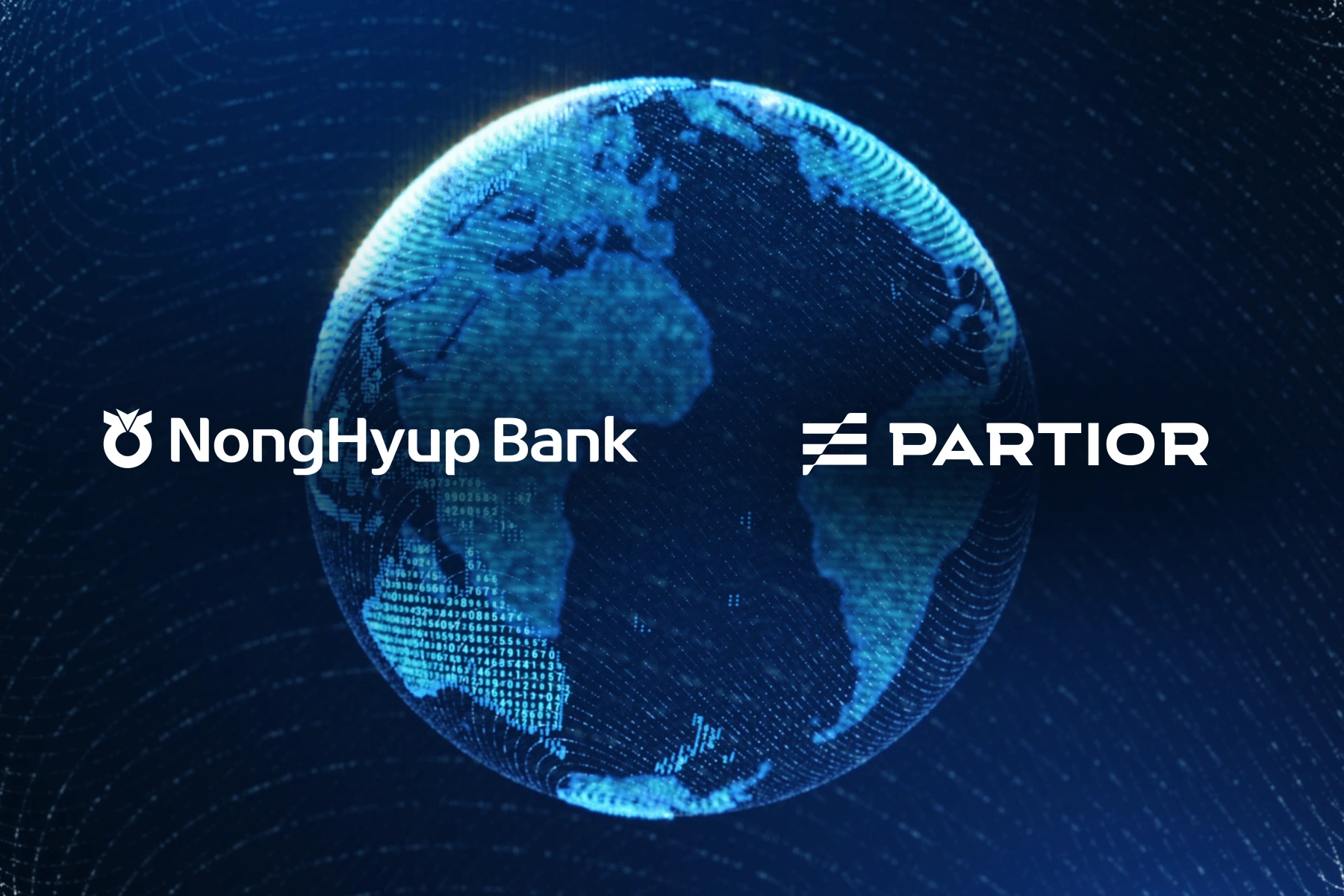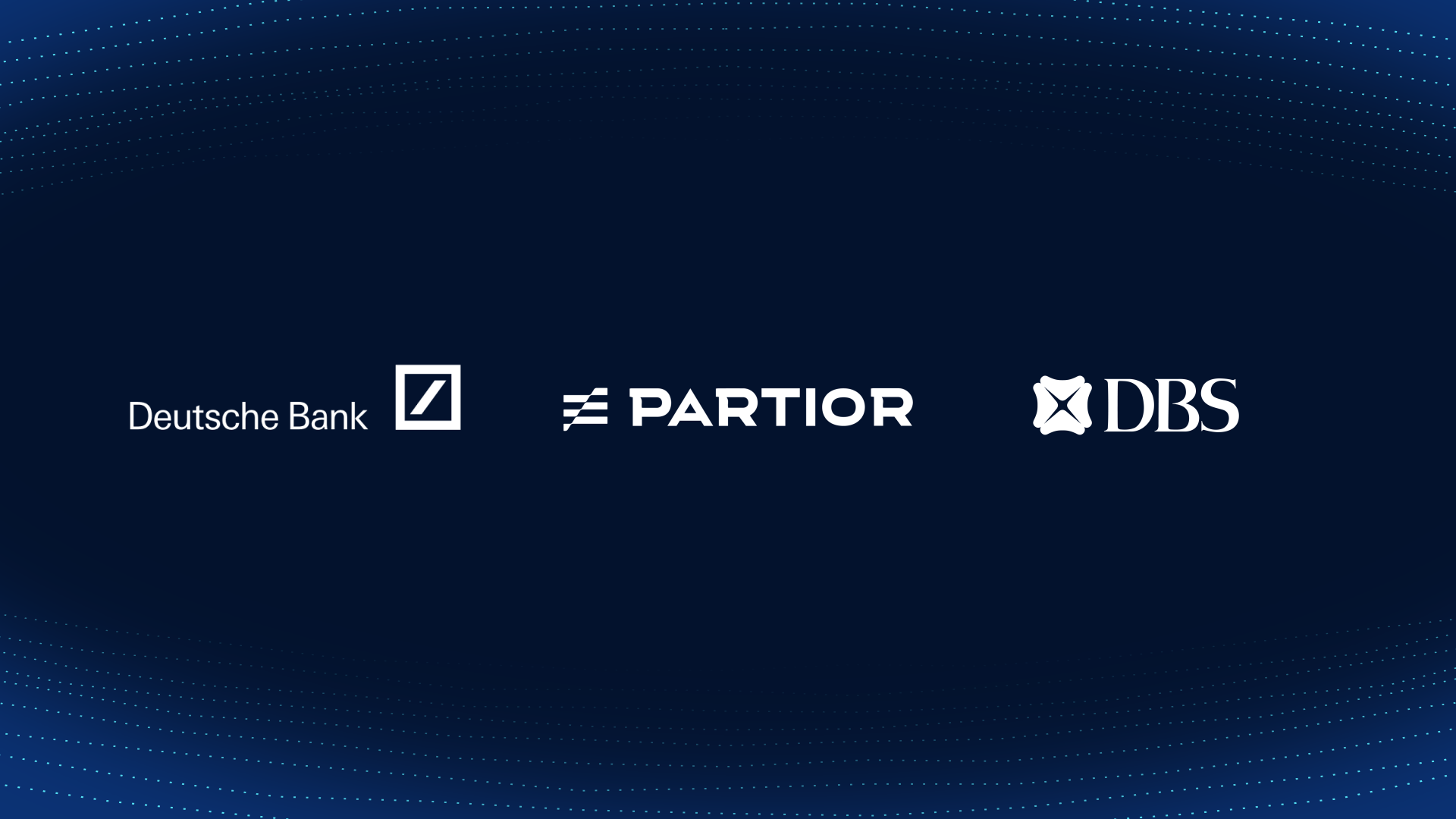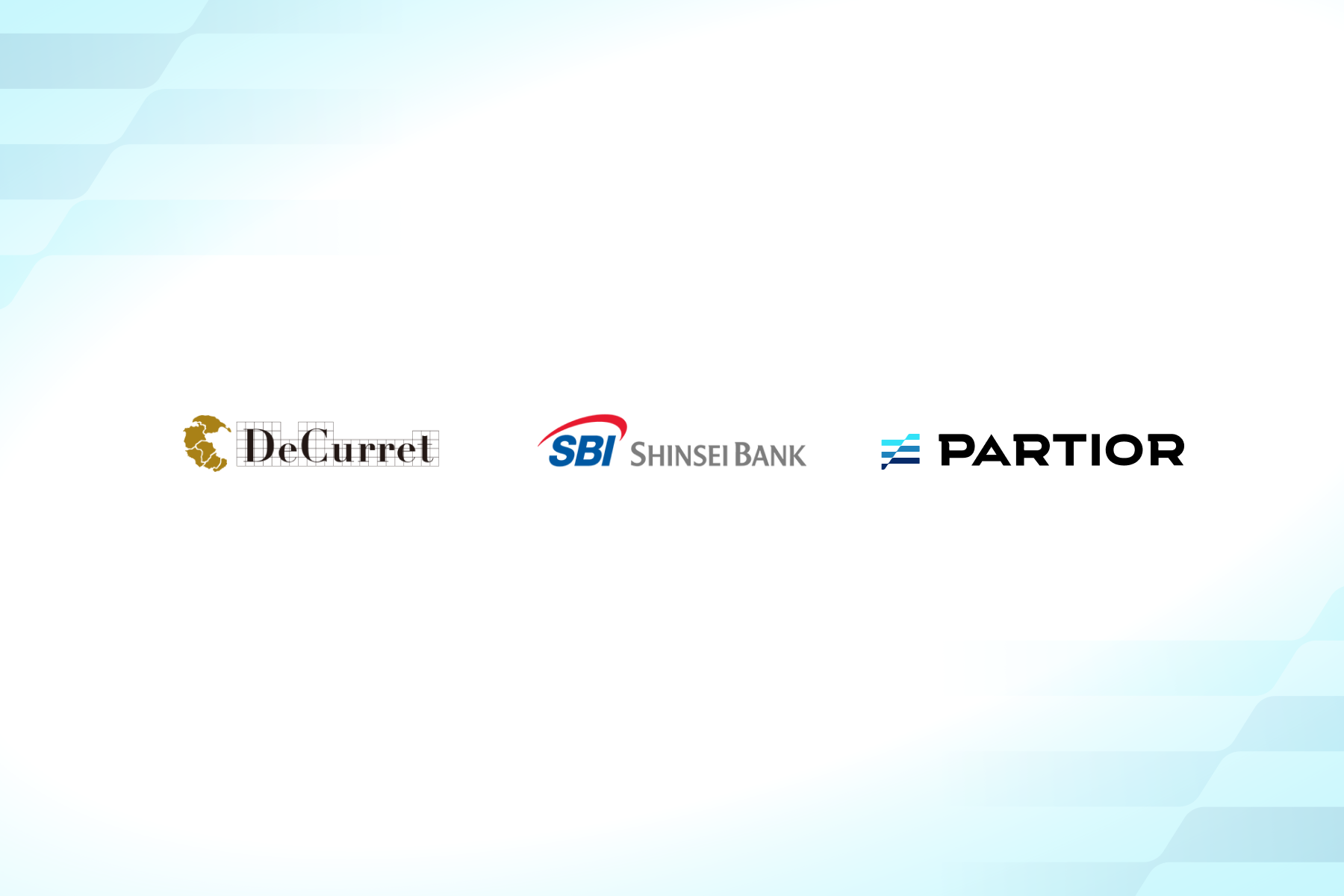.png)
The Future of Payments: Embracing New Forms of Money
Central Bank Digital Currencies (CBDCs)
Over 98% of global GDP is represented by 134 countries currently engaged in activities related to CBDCs, including research, experimentation, piloting, or deployment. Secure and efficient settlement infrastructures are crucial for promoting financial stability, enabling domestic and international trade, and creating new economic opportunities.
Wholesale CBDCs (wCBDCs) offer a promising path forward. Central bank money, free from credit and liquidity risks could provide a credit risk-free payment instrument and foundational layer for future digital payments. Leveraging the inherent features of Distributed Ledger Technology (DLT), wCBDCs could ensure settlement finality and irrevocability of payments.
A recent survey indicates that there may be 24 operational CBDCs by 2030, highlighting the crucial role of central bank money and wCBDC in the future of wholesale financial markets.
The financial industry stands on the brink of the next phase of wCBDC. In late 2023, Switzerland marked a milestone by issuing the first live CBDC to settle a digital bond transaction in a limited-phase pilot. In Asia and the Middle East, Project mBridge is transforming cross-border payments with wCBDC, expanding its membership to 25 central banks and institutions as it approaches its minimum viable product launch. Meanwhile, the European Central Bank and the Bank of England have announced the intention for trials and experiments enabling wCBDC settlement on DLT.
As new forms of money emerge, the greatest challenge in digital currency innovation is not regulatory or technological, but industry adoption.
Tokenised Deposits
New payment instruments, such as tokenised deposits, are emerging alongside CBDCs. Issued by regulated commercial banks, these digital assets represent existing bank liabilities and are held by token holders. Banks are exploring tokenised deposits on DLT to enhance payment and settlement capabilities while minimising risk exposure and regulatory obligations.
Tokenised deposits are digital equivalents of existing deposits, recorded as claims against a licensed depository institution for stated amounts on the ledger. They offer programmability, instant and atomic settlement, and improved transaction transparency.
Accelerating Adoption of New Forms of Money for Live Usage
As new forms of money emerge, the greatest challenge in digital currency innovation is not regulatory or technological, but industry adoption. To address this, a phased, incremental approach with backward interoperability between digital and traditional market infrastructures is essential.
Partior, a unified settlement protocol, aims to bridge this gap by enabling interoperability between domestic wCBDC platforms, tokenised commercial deposits, and tokenised securities platforms, to facilitate a decentralised, compliant, and globally consistent clearing and settlement mechanism. Furthermore, Partior’s digital market infrastructure operates in parallel with traditional systems, ensuring seamless adoption and interoperability across platforms.
%252520(1).png)
Partior, already live and addressing key design principles, has facilitated payments for DBS, J.P Morgan and Standard Chartered, offering their customers better access and control of working capital, 24/7 availability, and real time, seamless cross-border payment flows. By reducing the integration of resources and time, Partior expedites the adoption of regulated digital currencies for central and commercial banks.
- Modelling Cash on Chain: Partior has successfully implemented on-chain accounts that support transactions in multiple currencies at scale.
- 24x7 Value Dated Ledger: Partior’s design prioritises instant fund availability while maximising transaction value to create a shared ledger that operates round the clock, particularly for cross-border payments.
- Private and Public State Separation: To safeguard data security and privacy, Partior has established a system where private financial transaction data is managed solely by the parties involved (referred to as “Private State”). Concurrently, a public state immutably records the order and hash of each transaction, ensuring integrity.
- Alignment with Regulatory Guidelines: Banks are active on Partior following collaboration with regulators.
Discover how Partior can significantly help reduce integration resources and time, accelerating the digital currency journey for regulated financial institutions.



